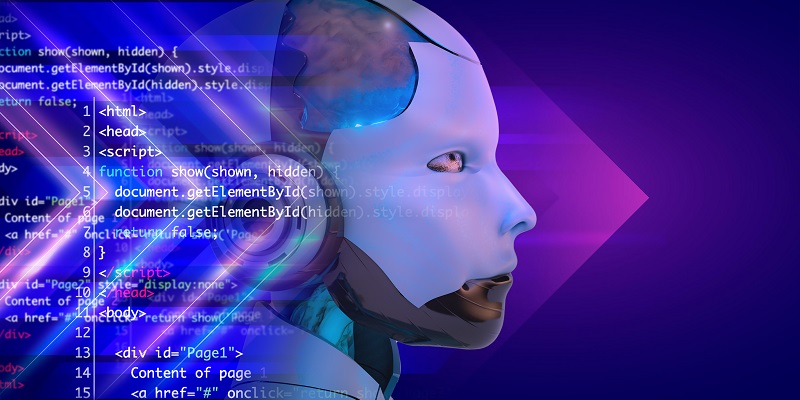Developers have long relied on online forums like Stack Overflow as a valuable resource for code examples and assistance. However, in recent years, there has been a growing trend of leveraging AI chatbots to aid in code generation, language translation, and even test case creation.
A Comparison of Open Source Training with a Bank-Robbing Getaway Driver
While open source training of AI tools may seem appealing, it is crucial to recognize the potential risks it poses. Allowing open source to train your AI tools is comparable to letting a bank-robbing getaway driver teach a high school driver’s education class. We must exercise caution and prudence when relying on AI for code generation.
The importance of closely inspecting code generated by AI chatbots cannot be overstated. It is crucial for developers to thoroughly examine and analyze code that is written by generative AI chatbots. The assumption that generative AI malware will match well-known malware signatures is flawed, as the generated code changes each time it is written. Consequently, static behavioral scans and software composition analysis (SCA) can be instrumental in identifying design flaws or potential malicious actions in the generated software.
Inspection and scanning of generative AI code
In order to mitigate the risks associated with generative AI code, developers must prioritize a thorough inspection and scanning process. This entails employing robust strategies to evaluate the quality, security, and reliability of the generated code.
Leveraging static behavioral scans and SCA for code evaluation
Instead of relying solely on traditional malware detection methods, incorporating static behavioral scans and SCA can provide deeper insights into the generated software. These advanced techniques can help identify potential design flaws and malicious behaviors, ensuring the integrity of the code base.
The risk of using generative AI for both code generation and testing
Entrusting the same generative AI that produces high-risk code to write the corresponding test cases poses a significant risk. This approach lacks the necessary checks and balances, potentially leading to insufficient validation of code integrity and putting the entire system at risk.
The implication of trusting high-risk code without proper verification
When working with generative AI, it is imperative to recognize the dangers of trusting high-risk code without rigorous verification processes. While generative AI offers many benefits, it is critical to strike a balance by subjecting the generated code to detailed analysis and testing to ensure its reliability, security, and functionality.
Acknowledging the potential risks of bad code generation
While the utilization of generative AI brings numerous advantages, including increased productivity and code efficiency, it is essential to acknowledge and address the potential risks associated with generating subpar code. Diligent scrutiny, code review, and expert oversight are indispensable in mitigating these risks.
Highlighting the benefits of coding with generative AI
Despite the risks, coding with generative AI offers a range of benefits. It can enhance development speed, reduce time spent on repetitive tasks, and improve overall code quality. By leveraging generative AI in a controlled and supervised manner, developers can tap into its potential while minimizing potential pitfalls.
In the realm of coding, the adage “Trust, but verify” holds true when using generated code. While generative AI opens new horizons for developers, careful inspection, scanning, and verification of the code are paramount. By incorporating static behavioral scans, employing SCA techniques, and separating code generation and testing, developers can harness the power of generative AI while minimizing risks. Ultimately, strategic utilization of generative AI can foster innovation and efficiency, revolutionizing the coding landscape.

